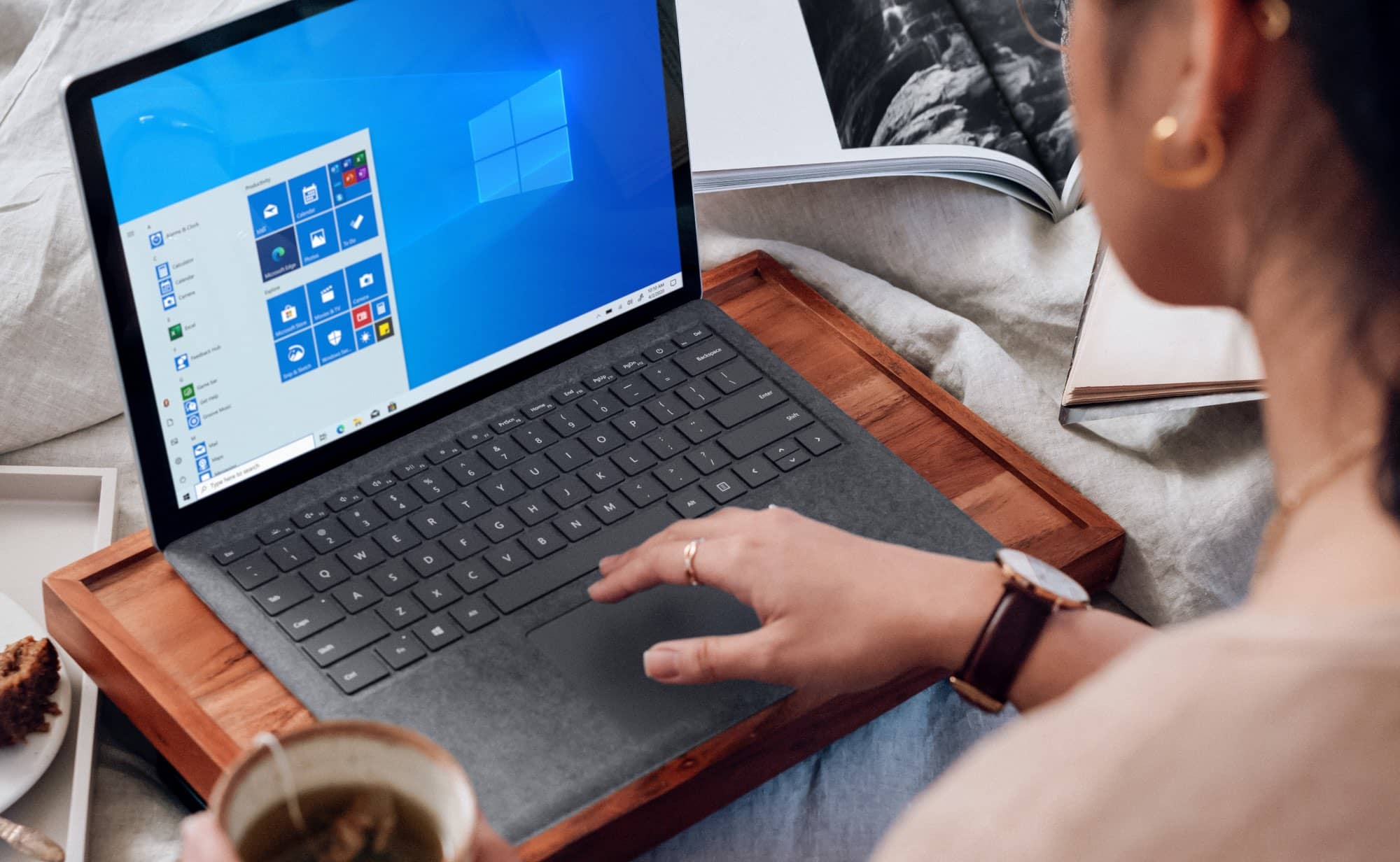In today’s crowded digital landscape, businesses constantly seek effective ways to connect with their customers. Amid all the social media platforms, emails, and apps, SMS marketing stands out as a direct, personal, and highly engaging communication channel. But why is SMS marketing so powerful, and how can your business leverage it to boost growth?
What is SMS Marketing?
SMS marketing involves sending promotional or transactional messages via text to customers’ mobile phones. These messages can range from special offers and discounts to appointment reminders or important updates. Unlike other marketing channels, SMS marketing reaches customers wherever they are, with almost guaranteed visibility.

Why SMS Marketing Works
High Open Rates: SMS boasts an incredible open rate of over 90%, compared to roughly 20% for emails. People tend to read text messages almost immediately after receiving them.
Direct and Personal: SMS lands straight in the user’s inbox — no social media algorithms or spam filters to worry about. This makes it a highly personal way to communicate.
Instant Engagement: SMS messages typically get responses quickly, making it ideal for time-sensitive promotions or urgent alerts.
Wide Reach: Nearly everyone carries a mobile phone, regardless of age or location, allowing you to reach a broad audience.
Cost-Effective: Compared to traditional advertising, SMS marketing offers a low-cost solution with a strong return on investment (ROI).

Why Enterprises Choose SMPP SMS Providers for Scalable Messaging
Key SMS Marketing Strategies for Success
Build a Quality Subscriber List: Always get explicit permission before sending SMS marketing messages. Use sign-up forms, in-store prompts, or online contests to grow your list organically.
Segment Your Audience: Personalize your messages by dividing your list into segments based on demographics, purchase history, or behavior. Tailored messages perform better.
Craft Clear, Concise Messages: SMS has a 160-character limit per message, so get straight to the point with a clear call to action.
Timing is Everything: Send messages at optimal times when your audience is most likely to engage — typically during business hours or early evenings.
Include a Strong Call to Action: Whether it’s visiting a website, redeeming a coupon, or replying to a survey, make it easy for recipients to take the next step.
Respect Privacy and Compliance: Follow regulations like GDPR or TCPA. Always provide an opt-out option and keep customer data secure.
Examples of Effective SMS Marketing Campaigns
Flash Sales: Announce limited-time discounts to drive immediate traffic.
Appointment Reminders: Reduce no-shows by sending timely SMS reminders.
Loyalty Rewards: Notify customers of points or exclusive offers.
Event Invitations: Boost attendance by texting event details and RSVP links.
Surveys and Feedback: Collect customer opinions with quick SMS polls.
Tools and Technologies for SMS Marketing
To scale your SMS marketing, consider platforms that offer bulk SMS sending, automation, personalization, and analytics. Many integrate with CRM systems to streamline communication and track campaign performance.
Conclusion
SMS marketing is a versatile and powerful channel that helps businesses engage customers in a meaningful, direct way. With its high open rates, immediacy, and personal touch, SMS marketing should be a key part of your overall marketing strategy.
Ready to get started? Build your SMS list, craft compelling messages, and watch your customer engagement soar!



